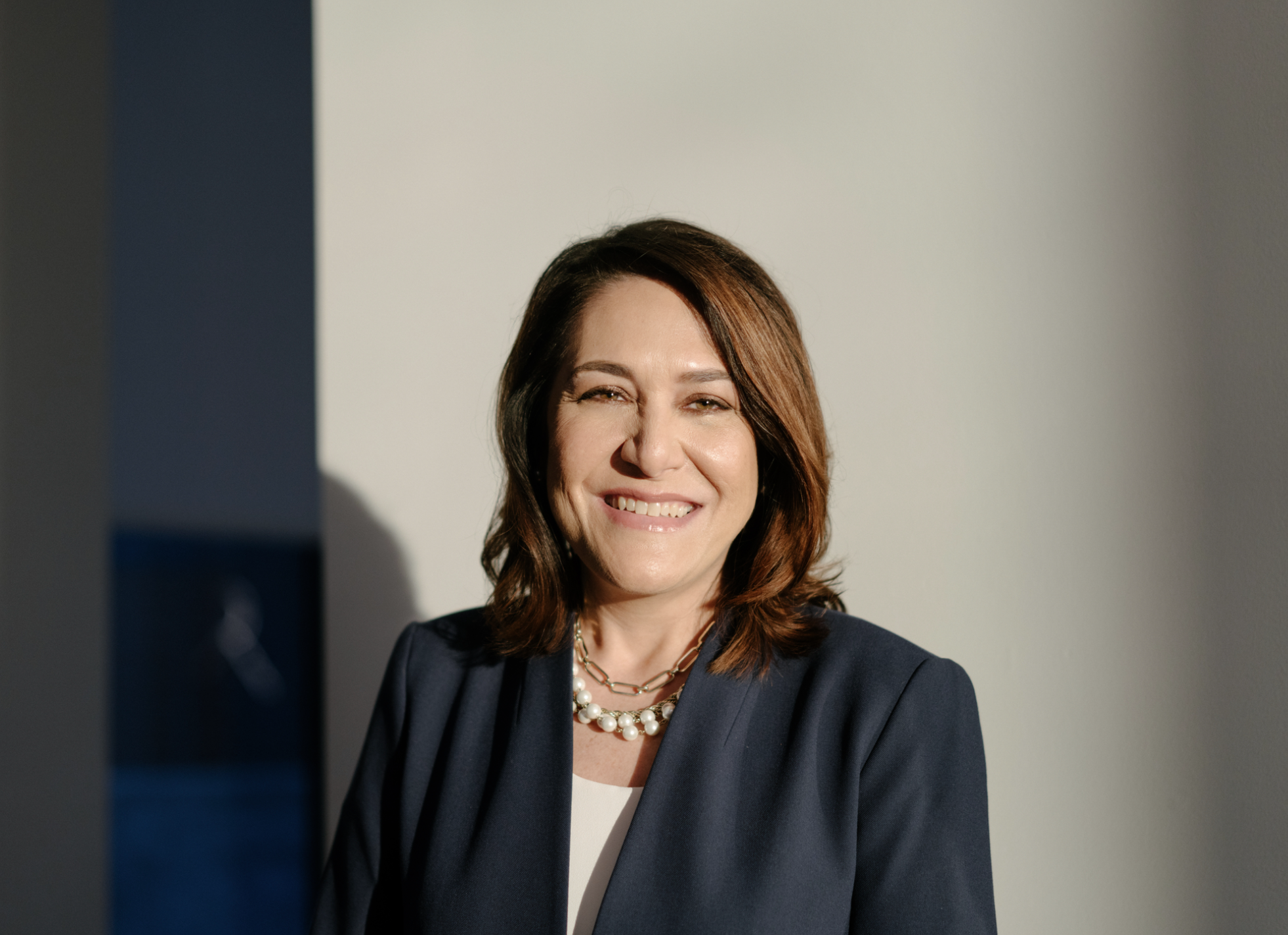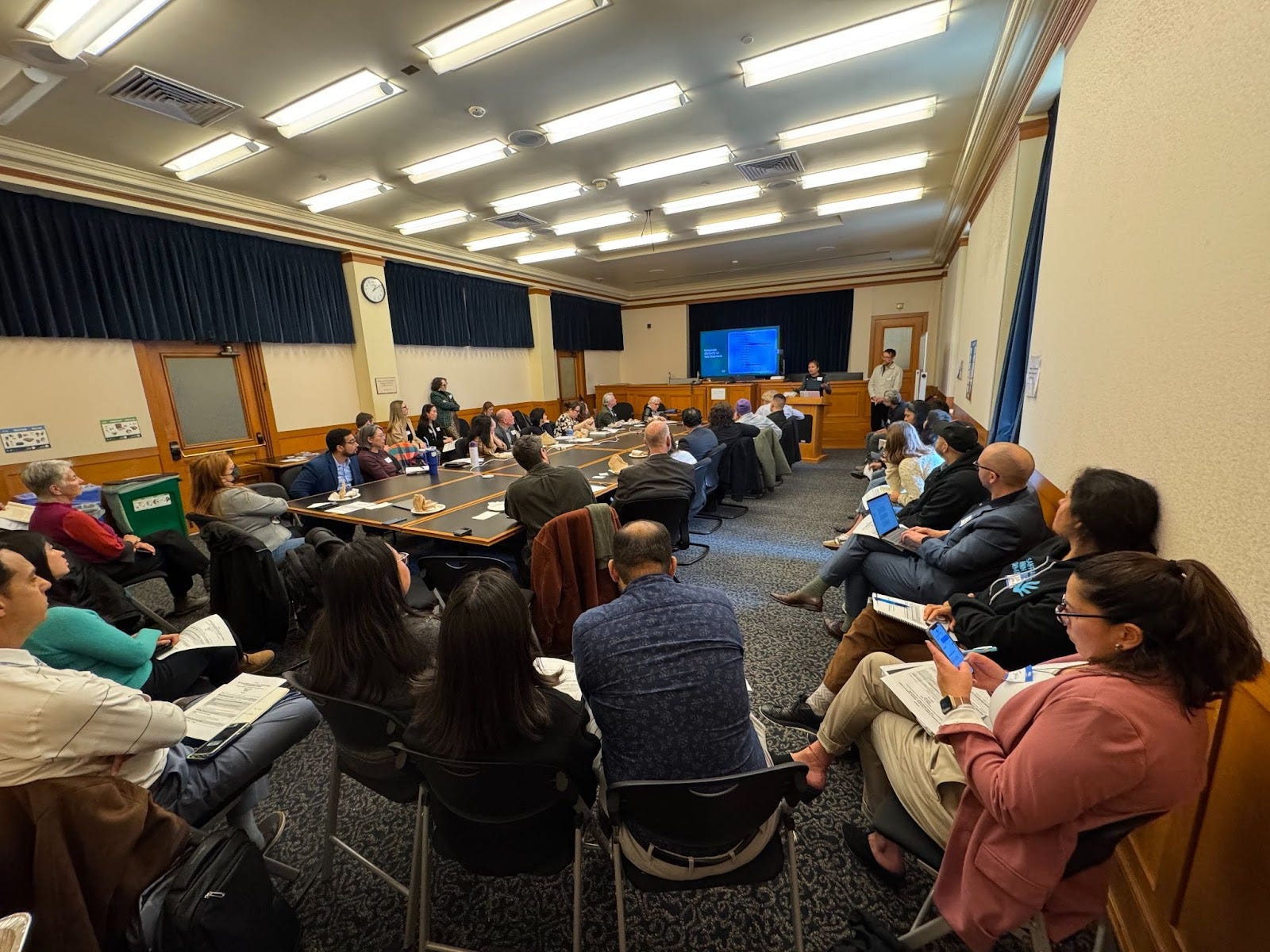Knight Foundation, Pivotal, the MacArthur Foundation, Ford Foundation, the Schmidt Family Foundation and Robert Wood Johnson Foundation call on others to join them in supporting local public radio and television stations after loss of federal funding
MIAMI – August 19, 2025 – The John S. and James L. Knight Foundation, Pivotal, the John D. and Catherine T. MacArthur Foundation, Ford Foundation, the Schmidt Family Foundation and Robert Wood Johnson Foundation today announced that they will commit nearly $37 million to provide immediate relief to public media stations at risk of closure following federal funding cuts to the Corporation for Public Broadcasting (CPB).
The recent rescission of $1.1 billion in federal funding for CPB will have dire impacts on the nation’s more than 1,500 locally owned public radio and television stations. Some 115 stations — serving 43 million people — are losing more than 30 percent of their budgets, according to the most recent data available. This places them at risk of drastically reducing service, or even closing, as soon as October 2025 without emergency funding. Rural, Indigenous and underserved communities are most vulnerable to losing their local stations — and with them, access to reliable local news and educational services.

“Local public media stations are trusted community anchors that connect people to vital news, culture and civic life,” said Maribel Pérez Wadsworth, president and CEO of Knight Foundation. “This is an urgent moment that calls for bold action. We are proud to stand with our fellow foundations and urge others to join us in securing the future of public media.”
The commitment of $36.5 million includes $26.5 million in support for the Public Media Bridge Fund, a philanthropic effort managed by Public Media Company and developed with seed funding from the Schmidt Family Foundation. The fund aims to secure local public media service across the country and will provide immediate stabilization grants and low-interest loans to the most vulnerable stations — particularly those in communities where public media is the sole source of local information — and offer advisory services to help them reimagine operations and achieve long-term financial sustainability. To learn more about participating in the fund, please click here.
In addition to supporting the fund, MacArthur is committing $10 million in direct support to public media stations, programs, and organizations.
“Millions of people rely on public media for trusted local news, educational programming, and stories that reflect their lives and experiences,” said John Palfrey, president of the MacArthur Foundation. “Stations serving rural, small to mid-market and Native communities as well as documentary ecosystems are disproportionately impacted by the funding cuts and need intentional support. These stations are more than just broadcasters — they are critical sources of information and connection.”
Today’s announcement demonstrates the philanthropic sector’s commitment to public media as a durable pillar of civic life. This initiative creates a vital emergency revenue stream, providing the public media network with the stability and time needed to diversify funding sources and develop sustainable business models that will help secure its long-term future.
Many of the at-risk stations have already eliminated entire teams or canceled critical programming in anticipation of revenue losses. If the stations close or scale back, millions of Americans will lose access to free, reliable local news, educational content, cultural programming and emergency alerts. Critical reporting networks at the local, state and regional level will be severely disrupted.
Darren Walker, president of the Ford Foundation, said, “For more than half a century, the Ford Foundation has been proud to support public media and ensure everyone has access to free, quality news and regional programming, whether they live in rural America, the suburbs or big cities. We are proud to join this emergency funding effort to get additional resources to public media at this time of great need. We all must continue to support public media and develop new and innovative strategies and funding mechanisms for the long-term sustainability of this critical resource.”
With this announcement, the foundations are issuing a nationwide call to philanthropy to join them in fortifying public media at this critical juncture. Their aim is to ensure that every community has continued access to trusted, independent, local journalism.
Knight Foundation
Knight Foundation is a social investor that supports a more effective democracy by funding free expression and journalism, arts and culture in community, research in areas of media and democracy and the success of American cities and towns where the Knight brothers once published newspapers.
John D. and Catherine T. MacArthur Foundation
The MacArthur Foundation boldly invests in creative solutions to urgent challenges, sparking hope for our future. We work on a few big bets that strive toward transformative change in areas of profound concern, including the existential threats of climate change, the challenges of criminal justice reform, revitalizing local news in the U.S. and corruption in Nigeria. In addition, we maintain enduring commitments in our hometown Chicago, where we invest in people, places, and partnerships to build a more inclusive Chicago and in journalism and media, where we invest in more just and inclusive news and narratives. We also make awards to extraordinarily creative individuals through the MacArthur Fellows program and for solutions to critical problems of our time through 100&Change.
The Ford Foundation
The Ford Foundation is an independent organization working to address inequality and build a future grounded in justice. For nearly 90 years, it has supported visionaries on the frontlines of social change worldwide, guided by its mission to strengthen democratic values, reduce poverty and injustice, promote international cooperation and advance human achievement. Today, with an endowment of $16 billion, the foundation has headquarters in New York and 10 regional offices across Africa, Asia, Latin America and the Middle East. Learn more at www.fordfoundation.org.
Pivotal
Founded by Melinda French Gates in 2015, Pivotal is a group of organizations that work to accelerate the pace of social progress and expand women’s power and influence in the U.S. and around the world. Through high-impact investments, philanthropy, partnerships and advocacy, Pivotal seeks to remove the barriers that hold women — and all people — back. Pivotal includes Pivotal Ventures, LLC, and Pivotal Philanthropies Foundation, a 501(c)(3) private foundation launched in 2022.
The Schmidt Family Foundation
Established in 2006 by Eric and Wendy Schmidt, the Schmidt Family Foundation works to restore a balanced relationship between people and planet. Through grantmaking and investments, the foundation partners with communities around the world in working for renewable energy, resilient food systems, healthy oceans and the protection of human rights. A longtime advocate of public media, the Foundation has supported National Public Radio and its Collaborative Journalism Network, which increases local coverage, especially in underserved communities, and expands investigative reporting capacity.
Robert Wood Johnson Foundation
RWJF is a leading national philanthropy dedicated to taking bold leaps to transform health in our lifetime. To get there, we must work to dismantle structural racism and other barriers to health. Through funding, convening, advocacy and evidence-building, we work side-by-side with communities, practitioners and institutions to get to health equity faster and pave the way together to a future where health is no longer a privilege, but a right. Learn more at rwjf.org.





